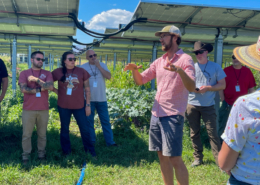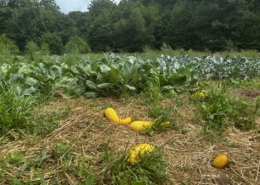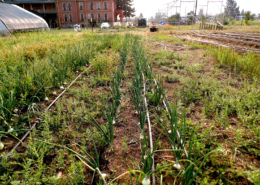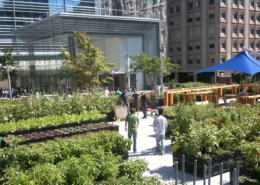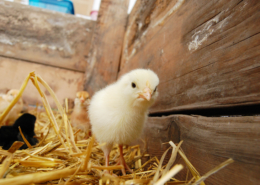Urban Agriculture
Urban agriculture can play a significant role in urban, suburban, and peri-urban food systems. The potential benefits agriculture offers in urban areas has gained the interest of many residents and policy makers, who are implementing policies, developing infrastructure, and creating markets to support the growing number of urban farms. This includes providing green space and access to fresh food that feeds urban communities, including underserved communities.
Farming in urban areas requires an understanding of small-scale and intensive design systems while also managing risks that are unique to urban environments. These challenges range from zoning and policy issues to production and marketing challenges. Microclimates and soil health management can impact yields and the quality of food grown in urban settings and they can differ greatly from rural farming practices.
Contamination in urban soils, particularly from heavy metals, must be evaluated and remediated properly prior to any food being grown in and around cities. Further information on evaluating urban soils and urban farm production, including hydroponic, aquaponic, and other vertical farming systems, is included in this section.
Related Topics
Staff Experts
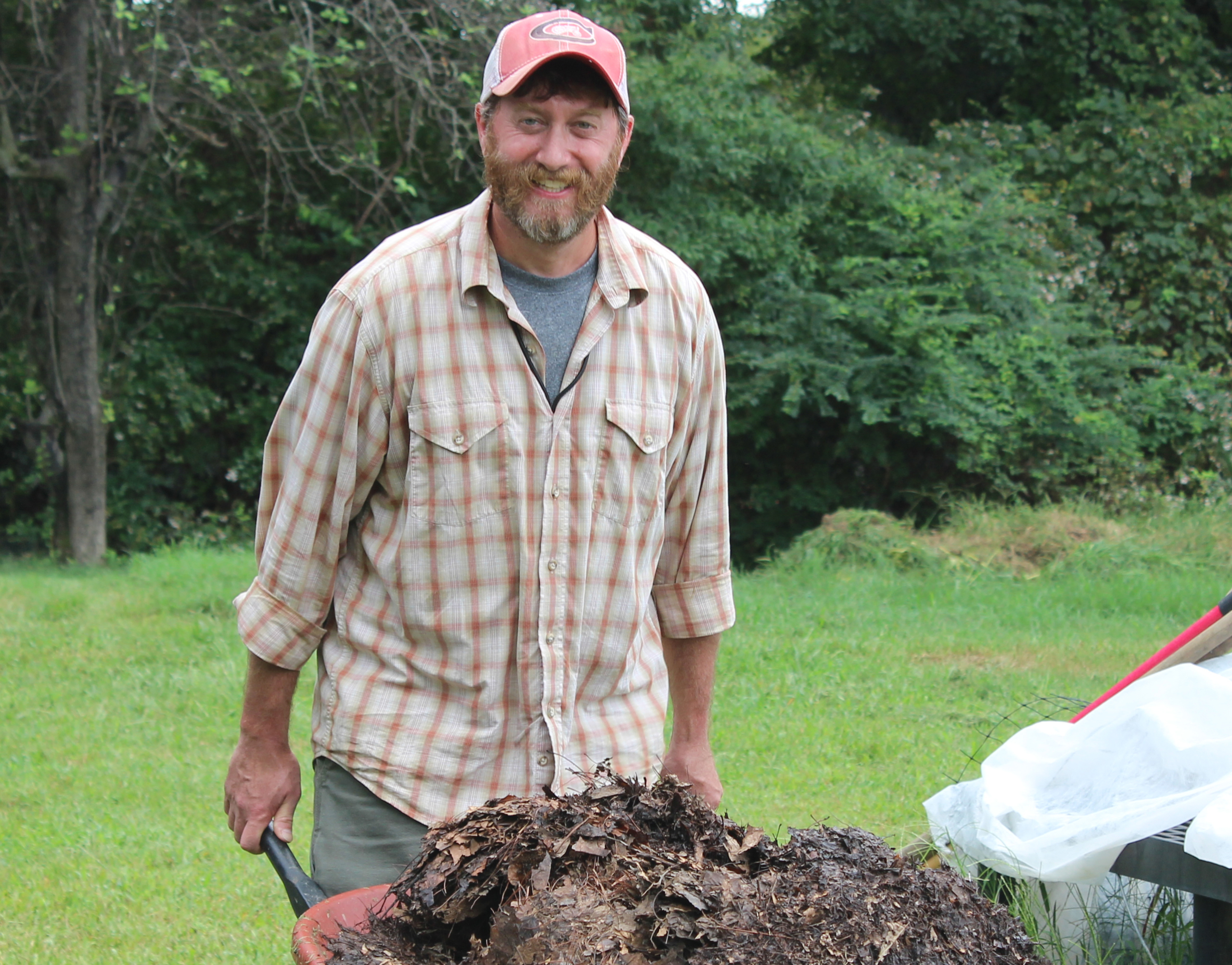

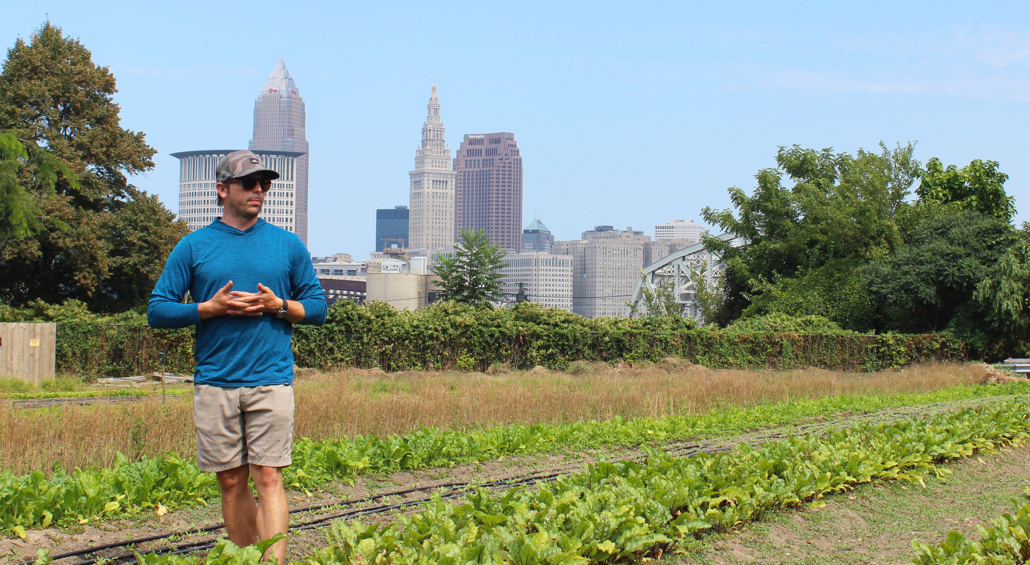
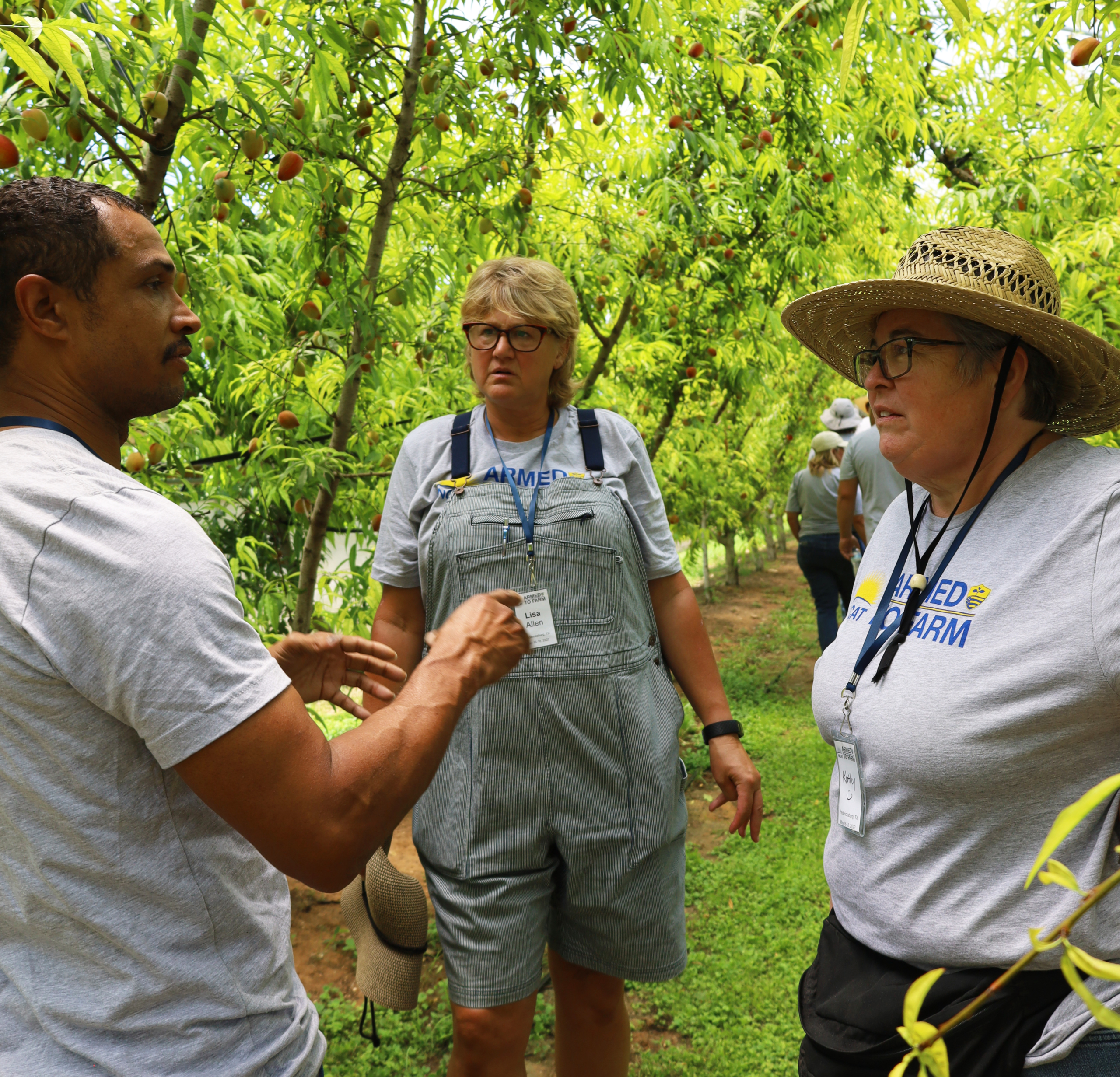

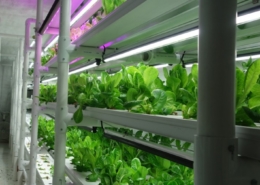
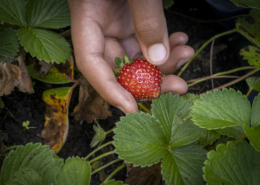 USDA/FPAC photo by Preston Keres
USDA/FPAC photo by Preston Keres


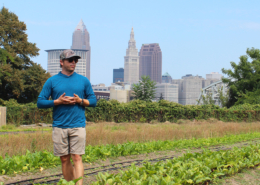 NCAT
NCAT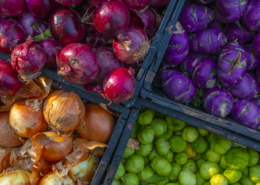
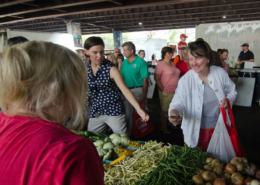 USDA Photo by Lance Cheung.
USDA Photo by Lance Cheung. 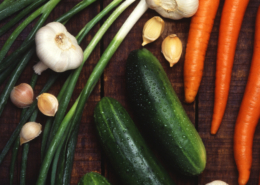
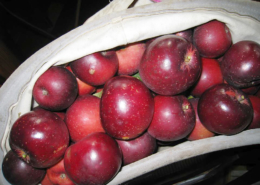
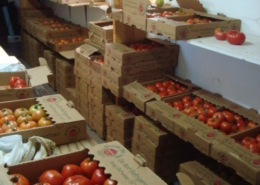 NCAT
NCAT